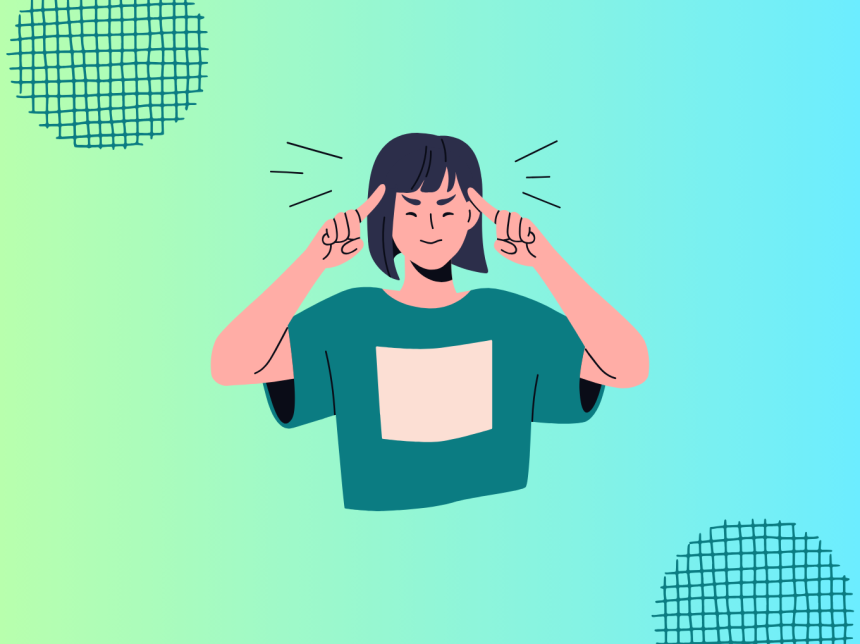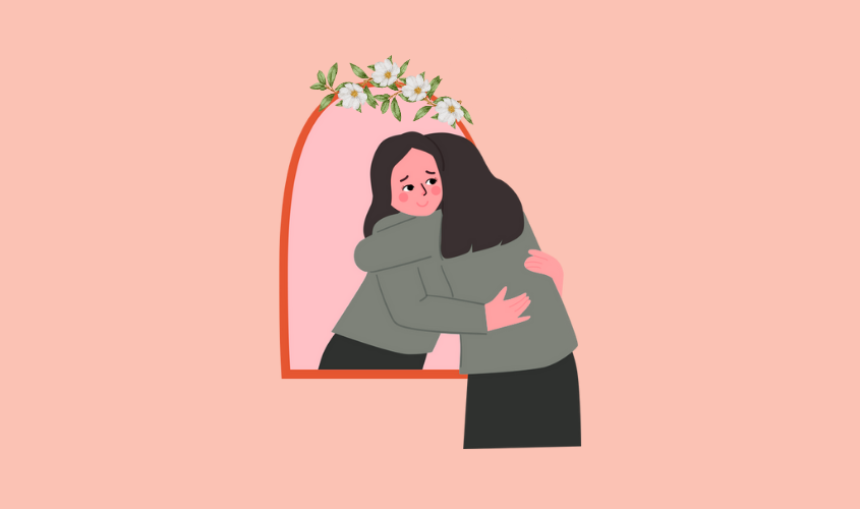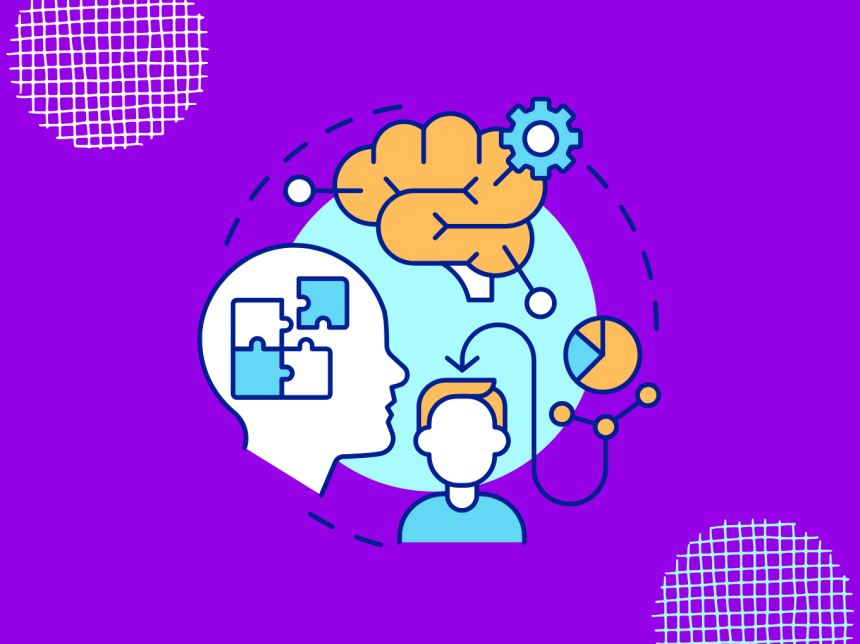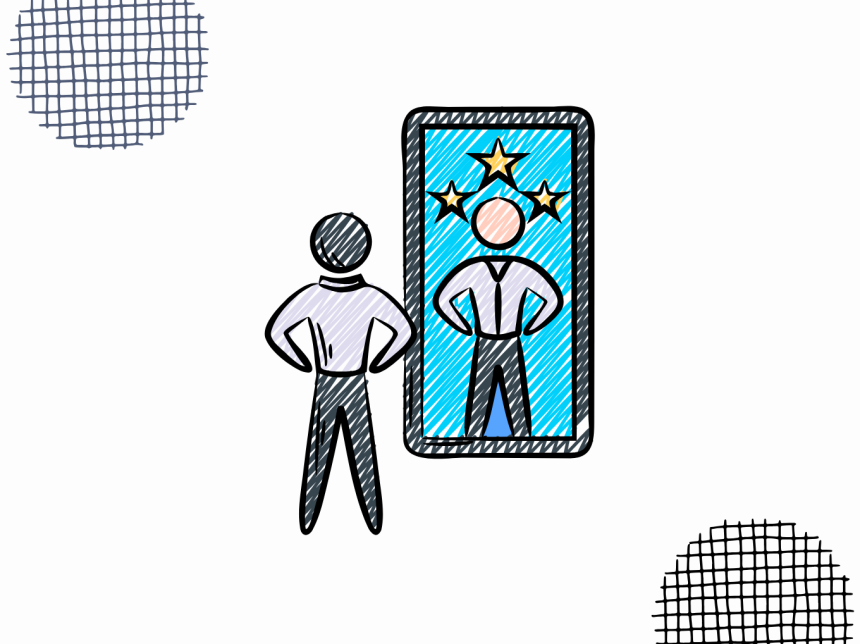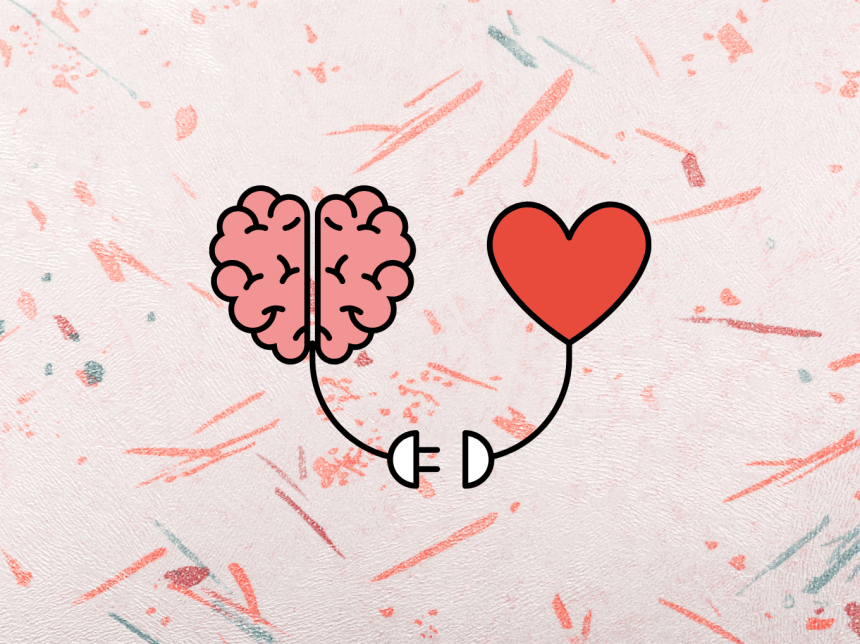
The Psychological Effects of Social Interactions: How Human Connection Shapes the Mind
Discover how social interactions shape mental health, emotions, and behavior. Explore psychology, neuroscience, and real-life applications.
Why Human Connection Matters
Humans are inherently social beings. From early childhood to old age, our mental health and well-being are deeply influenced by the quality of our social interactions. A simple conversation, a warm hug, or even a brief smile can dramatically impact mood, stress levels, and motivation.
Modern psychology and neuroscience confirm that social connections are not just “nice to have”—they are essential for psychological health. Whether supportive or toxic, social interactions shape our emotional resilience, cognitive functioning, and even physical health.
Historical Perspectives on Social Influence Early Sociology and Psychology
Thinkers like Émile Durkheim and William James emphasized the role of society in shaping the individual. They argued that social forces influence identity, morality, and mental balance.
Social Psychology Emerges
In the 20th century, psychologists began to study how people affect each other’s behavior and emotions. Pioneering experiments by Kurt Lewin, Solomon Asch, and Stanley Milgram showed that social interactions could lead to conformity, persuasion, or even destructive obedience.
Modern Approaches
Today, social psychology integrates insights from cognitive science, neuroscience, and cultural studies, showing that social interactions activate brain regions linked to reward, empathy, and stress regulation.
The Neuroscience of Social Interaction Brain Areas Involved
- Prefrontal Cortex: Governs decision-making and interpreting social cues.
- Amygdala: Processes emotional reactions during social encounters.
- Mirror Neurons: Enable empathy by mirroring others’ emotions and behaviors.
Hormonal Influences
- Oxytocin: Strengthens bonds and trust during positive interactions.
- Cortisol: Rises in response to conflict, rejection, or social exclusion.
- Dopamine: Rewards pleasurable interactions like laughter or cooperation.
Positive Effects of Social Interaction Emotional Support and Resilience
Supportive relationships reduce stress, enhance coping skills, and increase psychological resilience during crises.
Identity Formation
Interactions shape self-concept and self-esteem, especially during adolescence. Positive feedback reinforces confidence and motivation.
Cognitive Benefits
- Social engagement helps maintain memory and attention in older adults.
- Collaborative problem-solving boosts creativity and innovation.
Health Outcomes
Research shows that socially connected individuals live longer, have lower risks of depression, and recover faster from illness.
Negative Effects of Social Interaction Social Rejection
Being excluded activates the same brain regions as physical pain, leading to loneliness, anxiety, and depression.
Peer Pressure and Conformity
While social influence can encourage positive behavior, it can also lead to risky choices, substance use, or destructive conformity.
Toxic Relationships
Chronic exposure to criticism, manipulation, or neglect drains psychological energy and contributes to stress-related disorders.
Social Media Challenges
Online interactions can provide connection but also fuel comparison, cyberbullying, and distorted self-image.
Social Interaction in Development Childhood
Attachment with caregivers shapes emotional security and trust. Lack of healthy bonding can lead to long-term difficulties in relationships.
Adolescence
Peer acceptance becomes central, influencing identity and self-esteem. Social rejection during this stage has strong psychological consequences.
Adulthood
Workplace dynamics, friendships, and romantic partnerships continue to affect mental health and motivation.
Aging
Social isolation in older adults is strongly linked to cognitive decline, depression, and decreased quality of life.
Applications in Daily Life Therapy and Counseling
Group therapy and support networks help clients build resilience through shared experiences.
Education
Collaborative learning fosters deeper understanding, empathy, and communication skills.
Workplace
Strong social connections at work improve job satisfaction, creativity, and productivity.
Healthcare
Doctors and nurses who build positive social rapport with patients improve recovery outcomes.
Strategies for Healthy Social Connections
- Active Listening: Builds empathy and trust.
- Boundary Setting: Prevents emotional exhaustion in toxic interactions.
- Mindful Communication: Encourages presence and authenticity.
- Community Involvement: Volunteering and group activities strengthen belonging.
- Balancing Online and Offline: Ensures real-world connections remain strong.
Criticisms and Challenges in Research
- Cultural Bias: Studies often focus on Western societies, overlooking global diversity.
- Measurement Difficulty: Quality of relationships is hard to quantify.
- Technology’s Dual Role: Social media provides connection but complicates psychological outcomes.
The Future of Social Psychology Research
Future directions may include:
- Digital Social Networks: Understanding long-term effects of virtual communities.
- AI Companionship: Exploring psychological bonds with artificial intelligence.
- Cross-Cultural Studies: Expanding insights beyond Western contexts.
- Neuroscientific Advances: Mapping brain activity during live social interactions.
Conclusion: The Power of Human Connection
Social interactions are not just moments of conversation—they are the building blocks of psychological health and human development. From brain chemistry to emotional resilience, the way we connect with others defines who we are.
Whether through supportive friendships, workplace collaboration, or family bonds, healthy social connections serve as the foundation of well-being. By understanding both the positive and negative effects, we can learn to nurture relationships that strengthen mental health, enhance creativity, and improve quality of life.
